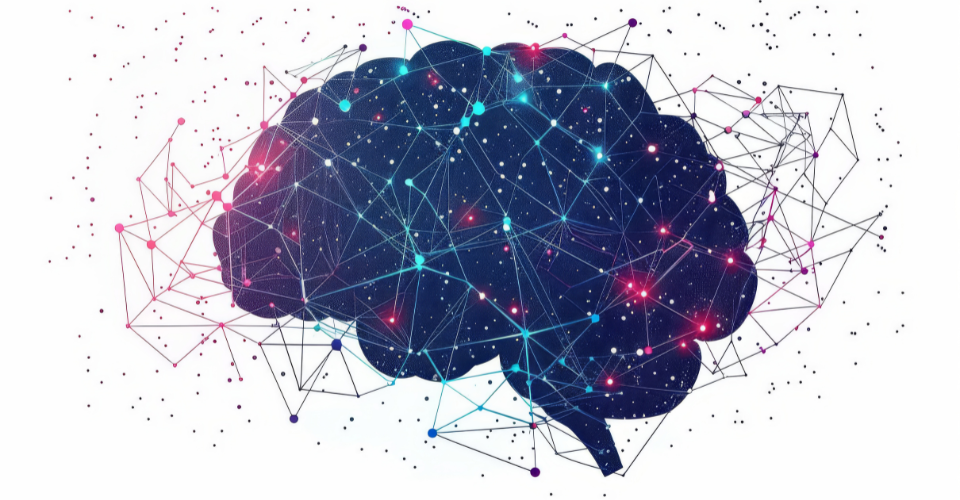Social Media Usage and Its Impact
In today’s digital age, the prevalence of smartphones and the allure of social media have led many to ponder whether they are spending too much time on their devices.
The constant stream of social media notifications, coupled with real-world responsibilities, has prompted individuals to consider a “digital detox.”
Now, a groundbreaking study sheds light on the effects of temporarily disconnecting from social networking sites.
The Study’s Findings On Digital Detox
This comprehensive study, recently published in PLOS ONE, delves into the experiences of 51 university students who willingly reduced or abstained from using all social networking sites for a period of one week.
The research, authored by Michael Wadsley and Niklas Ihssen, both esteemed professors in the Department of Psychology at Durham University in the United Kingdom, offers valuable insights into the subtle mood changes that occur during a brief digital detox.
Recognizing Social Media’s Impact on Mental Health
The study’s introduction acknowledges the widely understood negative consequences of excessive social media usage on mental health and overall well-being.
Frequent users often display behavior reminiscent of traditional substance use disorders, sparking debates among researchers about whether such excessive behaviors should be categorized as addictions.
Some fear that labeling these behaviors as addictions could lead to over-pathologizing normal everyday activities.
Subtle Effects on Mood
The research reveals that individuals who unplugged from social networking sites for a week experienced a range of subtle mood changes.
While they reported feeling less bored and more engaged in other activities, there was also a small decrease in positive emotions, including cheerfulness and happiness.
No Withdrawal-Like Effects
Crucially, the study found no evidence to suggest that temporarily restricting social networking site (SNS) use led to withdrawal-like effects.
This implies that individuals did not exhibit the classic symptoms associated with addiction when abstaining from social media for a short period.
Mixed Impact on Well-Being
Contrary to the belief that reducing SNS usage would lead to clear positive effects on well-being, the study concluded that the impact was more nuanced.
While participants experienced some mood improvements, they also faced decreases in positive emotions, highlighting the complex relationship between digital detox and well-being.
Insights into Motivational Hierarchies
The study’s authors underscore the robust nature of urges to use social networking sites in individuals exposed to modern technologies.
This suggests that the desire to engage with these platforms is deeply ingrained in motivational hierarchies, shedding light on the challenges of reducing SNS usage in the digital age.
Balancing Digital Life
In an era where technology permeates every aspect of daily life, finding a balance between online and offline activities has become increasingly important.
While a temporary digital detox may not result in dramatic changes in one’s life, the study emphasizes the need for individuals to be mindful of their digital consumption and strive for a healthy equilibrium.
The Wider Implications
This research not only informs us about the impact of digital detox on mood but also raises broader questions about the role of social media in our lives.
It underscores the necessity of responsible and conscious social media usage while acknowledging that complete abstinence may not be the solution for everyone.
The Future of Research
Technology continues to evolve, and social media platforms become more integrated into our daily routines.
Therefore, further research into the effects of digital detox and the broader implications of social media usage on mental health is imperative. This study serves as a stepping stone for future investigations into this pressing issue.
In conclusion, the study conducted by Durham University researchers highlights the subtle effects of a one-week digital detox on university students.
While it did not produce withdrawal-like effects, it did result in nuanced changes in mood.
This research underscores the need for individuals to strike a balance between their digital and offline lives and encourages responsible social media usage.
As technology continues to shape our world, understanding its impact on our mental well-being remains a vital area of study and consideration.




























